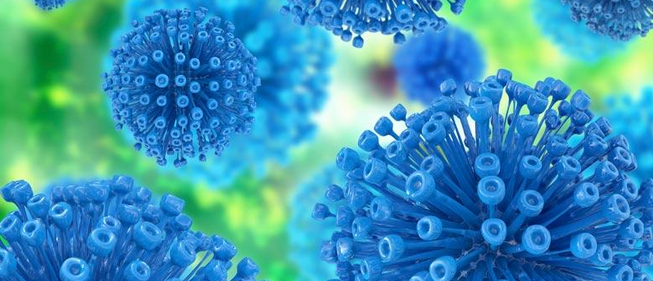
HIV outbreaks in Scotland
HIV, which stands for human immunodeficiency virus, is a virus that attacks the immune system and weakens the body’s ability to fight infections and disease. It’s most commonly transmitted by having sex without a condom.
It can also be passed on by sharing infected needles and other injecting equipment, and from an HIV-positive mother to her child during pregnancy, birth and breastfeeding.
There is no cure for HIV, but there are treatments to enable most people with the virus to live a long and healthy life.
AIDS is the final stage of HIV infection, when the body can no longer fight life-threatening infections. With early diagnosis and effective treatment, most people with HIV will not go on to develop AIDS.
HIV Outbreak 2015 (Ongoing)
This outbreak of HIV is associated with injecting drug use.
Prior to the outbreak in 2015, new cases of HIV were stable at 10 or fewer a year, however, by the end of 2015, nearly 50 people were diagnosed. The outbreak continues to this day with more people being newly diagnosed in 2017.
Public health experts are drawing on Scottish Drugs Forum’s expertise and networks to help support the public health response to the outbreak with the aim of stopping onward transmission and identifying and mitigating possible barriers for those newly diagnosed to engage in treatment.
Scottish Drugs Forum Input
Scottish Drugs Forum has made a significant input at strategic and operational levels during the course of the Outbreak, through active involvement in the Incident Management team.
Scottish Drugs Forum staff, in association with NHS Greater Glasgow and Clyde, have published an in-depth guide, ‘HIV: What Workers Need to Know’, on our website and distributed it to key services.
Scottish Drugs Forum staff are also currently producing a resource for people who inject drugs to raise awareness of the outbreak, and to encourage people to get tested for HIV.
